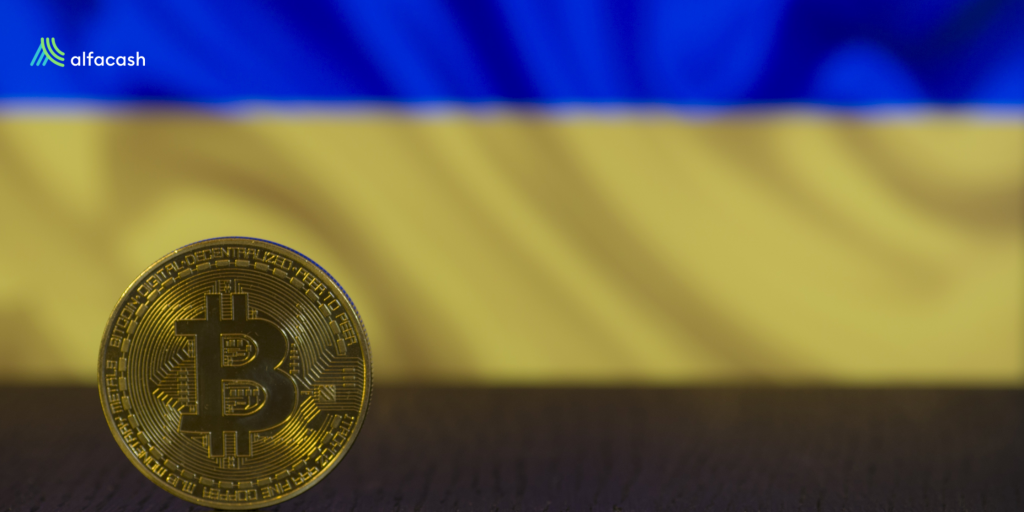This year, Bitcoin and cryptocurrencies are legal in multiple countries. And that isn’t the same to say they’re not illegal: the governments are recognizing and regulating them. That means an extra layer of protection and more services for the users. Ukraine is now the last country to officially legalize Bitcoin and other cryptos, while there’s a proposal to do so in Malaysia and other countries.
In conformitate cu official announcement, President of Ukraine Volodymyr Zelensky finally signed the new law “On Virtual Assets”. The first draft of this crypto regulation was rejected previously in September, but it’s approved now with slight changes. The regulators of the crypto market inside the country will be the National Bank of Ukraine and the National Commission on Securities and Stock Market.
Additionally, the providers of virtual assets and related services (e.g. crypto exchanges) will need a proper license to operate in the country. Some taxes will also be applied to the profits from cryptocurrencies, probably between 1.5% for individuals and 5% for legal entities. They seem to be adjusting the final details, though. The note reads:
“Currently, the Ministry of Finance is also actively working to amend the Tax and Civil Codes of Ukraine to fully launch the market for virtual assets. The signed law enters into force on the date of entry into force of the Law of Ukraine on Amendments to the Tax Code of Ukraine on the peculiarities of taxation of transactions with virtual assets.”
The adoption seems to be accelerated by the recent Russian invasion of Ukraine. The government has been receiving cryptocurrency donations from all parts of the world. So far, it’s been calculated that Ukraine has received almost $100 million in cryptos since late February.
Bitcoin in Ukraine, Malaysia and more
Recently, Malaysia’s deputy minister of The Ministry of Communications and Multimedia Zahidi Zainul Abidin proposed to formally legalize Bitcoin, Jetoane nefungibile (NFT-uri), crypto mining, and, in general, all of these related activities. A explicat:
“We hope the government can and try to ‘legalize’ this matter so that we can expand the participation of young people in cryptocurrencies and help them in terms of energy consumption and so on (…) All this is under Bank Negara Malaysia and the Securities Commission Malaysia. However, we in the ministry want to register, because this is the business and financial program of the future, especially for young people now.”
They’re not alone. We already have Bitcoin as legal tender in El Salvador, but there are more regions. It’s been reported that Panama, Paraguay, Guatemala, Honduras, Chile, and Tonga are discussing the possibility. Meanwhile, Arizona and California (U.S.) have asked to do so, and Lugano (Switzerland) wants to make Bitcoin (BTC) and Tether (USDT) de facto legal tender.
Vrei să facem schimb Bitcoin si alte jetoane? O poți face în siguranță pe Alfacash! Și nu uitați că vorbim despre acest lucru și despre multe alte lucruri pe rețelele noastre sociale.
Stare de nervozitate * Telegramă * Instagram * Youtube *Facebook * Vkontakte
